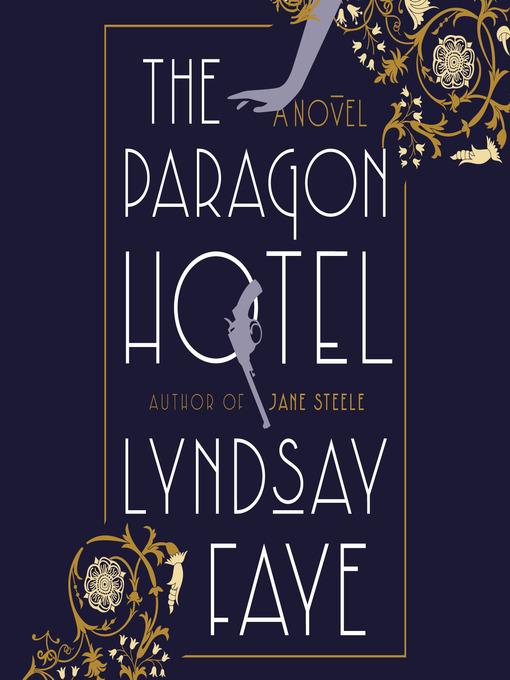
The Paragon Hotel
کتاب های مرتبط
- اطلاعات
- نقد و بررسی
- دیدگاه کاربران
نقد و بررسی

November 5, 2018
Faye (Jane Steele) takes a simultaneously exuberant and weighty approach to historical mystery in her memorable latest. It’s 1921, and Alice James, known as Nobody for her uncanny ability to continually reinvent herself while remaining almost totally forgettable, arrives—complete with bullet wound—in Portland, Ore., after fleeing some bloody history with the New York mob. There, the wounded Nobody, who is white, is taken by a kind and discreet (not to mention attractive) black Pullman porter she’d befriended on the cross-country train ride to the Paragon Hotel, a haven for Portland’s small and increasingly besieged black population. The black community’s anxieties mount when a young boy—who’s been brought up communally by the Paragon’s residents—goes missing. Nobody poses as a journalist while becoming fond of the Paragon’s inhabitants, particularly chanteuse Blossom Fontaine. As Nobody investigates the boy’s disappearance, she is well served by her ability to observe while remaining unnoticed. Nobody gains access to Blossom’s many secrets, as well as those of brilliant-but-fragile white philanthropist Evelina Vaughan, who has her own interest in the missing boy. What starts as a bit of a Prohibition-era crime romp becomes increasingly relevant as issues of mental illness, race, and gender identity take on greater significance. In addition to illuminating Portland’s unsavory history of racism, Faye’s novel vividly illustrates how high the stakes could—and can still—be for those claiming and defending their own identities.

January LaVoy energetically narrates this 1920s saga--based on fact--set in Harlem and Portland, Oregon. Alice "Nobody" James has always blended into any setting. As the story begins, LaVoy's gutsy Alice is aboard a train, running from the Mafia after being shot. Black porter Max Burton--exceptionally rendered--takes Alice to Portland's all-black Paragon Hotel to recuperate. LaVoy excels with Alice's revealing and entertaining asides and with varied accents and 1920s vocabulary and speech patterns. Evocative descriptions of both locales propel listeners into the settings. Because she feels a kinship with her new friends, it's terrifying and inspiring to hear white Alice challenge the brutal Oregon KKK after a man is lynched and a child is kidnapped. Audio helps listeners with frequent shifts in time and place. S.G.B. � AudioFile 2019, Portland, Maine

























دیدگاه کاربران